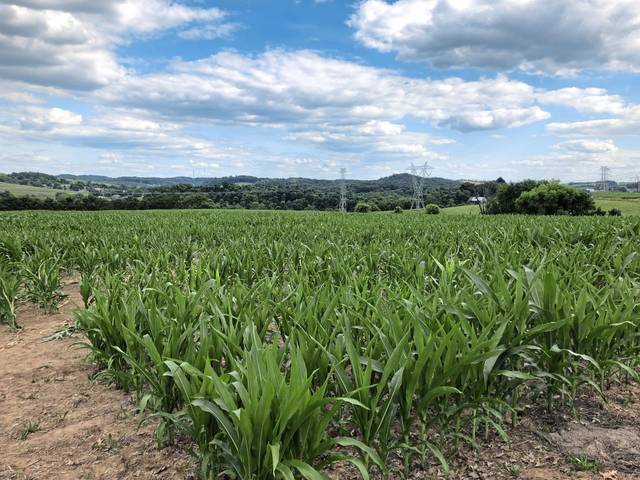https://triblive.com/local/westmoreland/new-program-for-young-pennsylvania-farmers-aims-to-pump-new-blood-into-aging-agriculture-industry/
New program for young Pennsylvania farmers aims to pump new blood into aging agriculture industry

Adam Mason and his wife, Katie, are in the process of buying a 106-acre farm in Allegheny Township, where they hope to raise chickens, turkeys, pigs and cattle.
“It’s a dream come true,” Mason, a 35-year-old California native, said of his plans to own a farm.
Mason, who is raising organic chickens, has been in the agriculture business for about eight years, some of which were spent managing a farm for California State Polytechnic University – Pomona.
The state has opened a tax incentive program designed to pump new blood into Pennsylvania’s aging farming community. Under the program, people who sell or rent their land, animals, equipment, buildings or other assets to farmers who have not had any federal gross income from agricultural production for more than the 10 most recent taxable years, are eligible for the tax credit. The beginning farmer must be the principal operator of the farm as well.
“This program would be beneficial as long as those tax savings would be passed along in the form of lowered costs for the beginning farmer entering the business,” said Jayne Sebright, executive director of the Harrisburg-based Center for Dairy Excellence.
Mason agrees with Sebright, who sees the program helping the sellers.
“How does it help the farmers? The farmers are the ones who are struggling,” Mason said.
The $59 million Beginning Farmer Tax Credit program, which the Department of Community and Economic Development will spread over the next 10 years, is seen as one tool that might help attract people to the state’s $135 billion agriculture industry. Although changes to the tax code became law in June 2019, the program did not open until this fiscal year.
As good as a tax credit program might be, “there won’t be any (one) silver bullet” that will entice people to go into farming, said Dustin Heeter, livestock educator for Penn State Extension.
The tax credit program will help beginning farmers grow their operations and secure the future of the industry, said Rick Ebert, a Derry Township dairy farmer and president of the Pennsylvania Farm Bureau.
Younger farmers are needed because the average age of the principal operator of a Pennsylvania farm was 56.5 in 2017, up from 52 in 1997, according to a 2019 report for the Pennsylvania Young Farmers Coalition.
The average dairy farm owner was born in 1964, based on a 2017 survey, Sebright said.
“This demonstrates a tremendous need for the next generation to invest in dairy farm operations over the next 10 to 15 years, as these current owners age out of business,” said Sebright, who, with her husband, operates a dairy and crop farm about 15 miles northeast of Gettysburg.
The big challenge for beginning farmers is the cost of starting, Ebert, Sebright and Heeter all agreed.
“We often hear that access to land and equipment are among the greatest barriers faced by beginning farmers, especially those who did not grow up in agriculture,” Ebert said.
The median sale price of farm properties in Westmoreland County was $210,000 in 2017, while the statewide median was $225,000, according to the Young Farmers report. Median sale price for farm properties in Fayette County was $232,175.
Farmers also need to have reliable and long-term access to the land that they farm and unfortunately, that is often difficult to come by, said Molly Berntsen, Penn State Extension educator in Allegheny County.
“The pressure for land development and difficulty accessing the land market in the first place can contribute to these problems
Copyright ©2026— Trib Total Media, LLC (TribLIVE.com)
